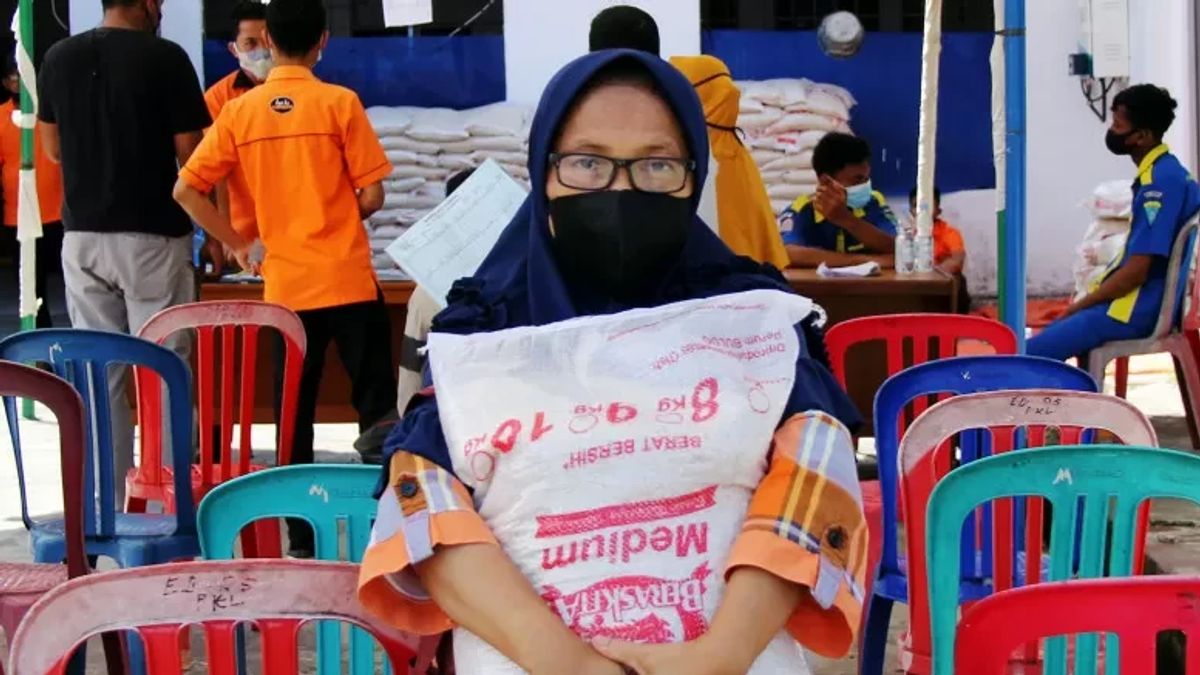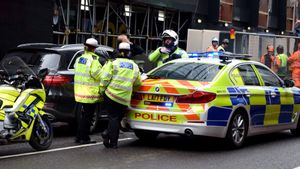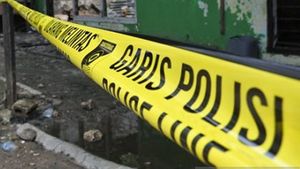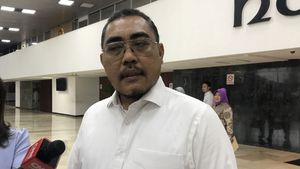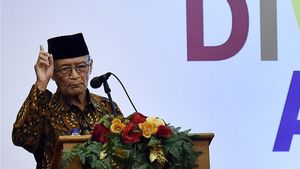JAKARTA - The Ministry of National Development Planning/National Development Planning Agency (PPN/Bappenas) stated that currently almost all basic services use the Population Identification Number (NIK).
"If you don't have a NIK, you can't get social assistance (social assistance), if you don't have a NIK you can't extend the STNK (Vehicle Registration Certificate), you can't extend the SIM (driving license). If you want to go abroad and so on, you can't make a passport," said the Director of Population and Social Security of the Ministry of National Development Planning/Bappenas Muhammad Cholifihani at the Stranas Socialization (National Strategy) Acceleration of Population Administration for the Development of Biological Statistics (AKPSH) which was monitored virtually, Monday, August 28, was confiscated by Antara.
He also asked local governments to provide support, among others, by involving community organizations, community cadres, and community leaders in the socialization of the stranas advocacy, especially advocacy regarding the urgency of civil deeds.
"So please friends in 3T areas (Disadvantaged, Outermost, Frontier) assisted, including for example birth certificates, if you don't have birth certificates, you can't go to our children's school. Well, things like that are voiced by community leaders, by community cadres, so that the NIK can be achieved," he said.
On this occasion, Cholifihani also asked the Social Service at the regional level to map the population vulnerable to population administration (adminduk) and special groups as a form of implementation of support for Stranas AKPSH 3. Those who fall into the category of vulnerable population and special groups include people with disabilities, the elderly, and residents living in 3T areas.
"We see that there are those who live in the forest, I'm sorry, I'm talking about the Inner Children's Tribe in Jambi. Our question is, do they have a NIK? Do they have a birth certificate? They must have a birth certificate," he continued.
SEE ALSO:
Another example given is the presence of residents in Papua who still live in trees. Cholifihani asked the person in charge in Stranas AKPSH 3 to persuade them to get out of the tree, then build a house for them or keep them on a tree, but have a deed and a NIK.
"(This aims to make) them listed (in the administration), all of them also have rights. So, if they turn out to be categorized as poor based on their DTKS data (Social Welfare Integrated Data), and strengthened by their Regsosek data (Socio-Economic Registration), they can get social assistance, get non-cash, get KIP (Indonesian Smart Card), get PKH (Family Hope Program), all kinds of things," he said.
The English, Chinese, Japanese, Arabic, and French versions are automatically generated by the AI. So there may still be inaccuracies in translating, please always see Indonesian as our main language. (system supported by DigitalSiber.id)
